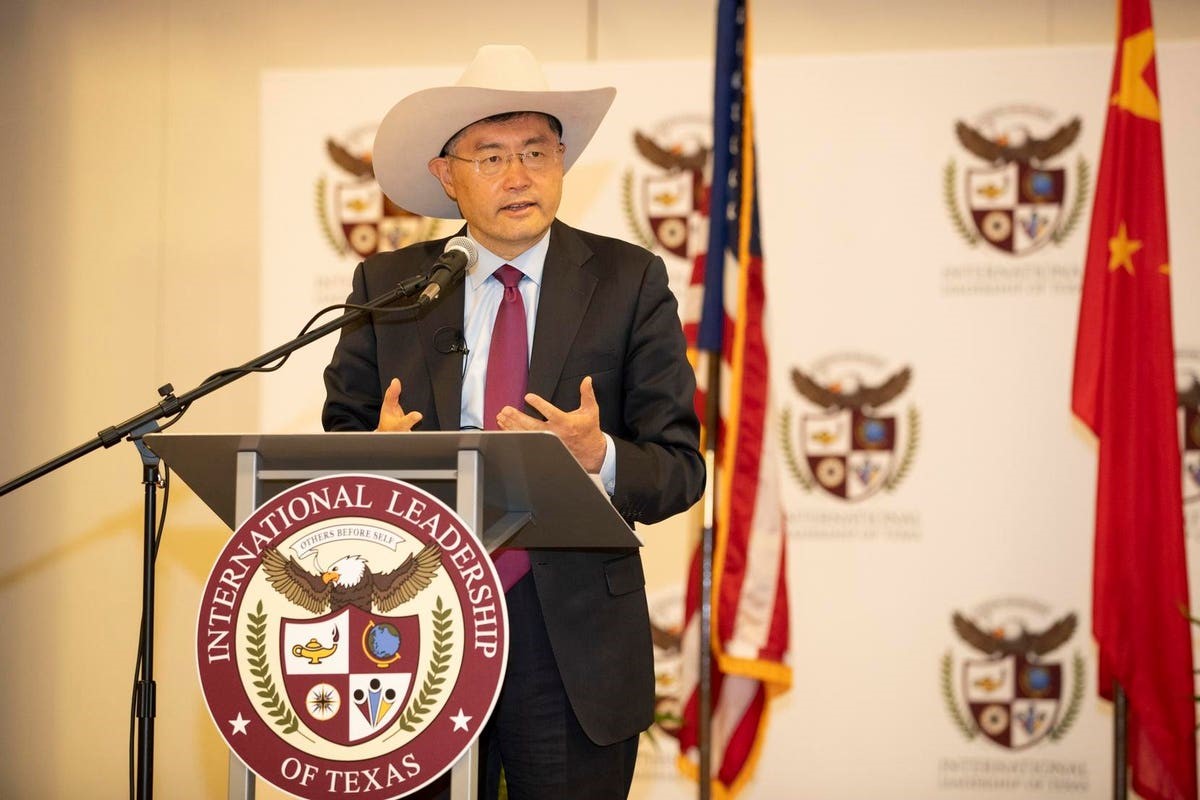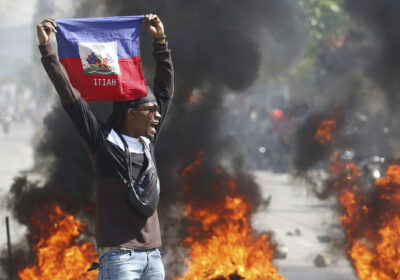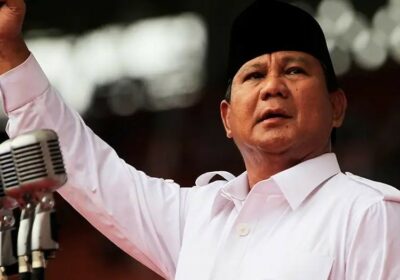AFTER KISSINGER’S VISIT, THE FIRST HEADS ARE FALLING IN CHINA

Ever since the dawn of the Socialist Republic of China, in Mao’s time, individual characters had brilliant careers and then suddenly disappeared – and the public, perhaps a couple of months later, was told that they had fallen ill, resigned, died. Poof. This time it happened to the Foreign Minister, Qin Gang, who before holding this post was Chinese Ambassador to Washington and headed the negotiations with the United States and organised and directed the meetings between Beijing and the US Secretary of State Antony J. Blinken – as you can see in the picture, a man with a great appreciation for the United States of America.
Well, Qin Gang disappeared from the public scene in the second half of June, and a few hours ago the Beijing government announced that he had resigned for health reasons. His place was taken by former Foreign Minister Wang Yi, the man who, a few days ago, met with former Secretary of State Henry Kissinger. A few days before Qin Gang’s disappearance, Lieutenant General Wang Shaojun, the former head of the Central Security Bureau, also resigned and, ill, died.
One does not have to be a novelist to imagine that the Chinese elite, at odds even with leader Xi Jinping, have doubts about the current government’s international relations policy. The demise of these two powerful men is simply the Chinese way of managing a government reshuffle, weakening the leader, but (apparently) without losing face. The infallibility of the party (one of the assumptions of Maoism) is not questioned – not officially.
Qin Gang got the job because his predecessor (and successor) Wang always had an extremely contentious relationship with President Biden. After the meeting with Kissinger (who dislikes Biden, but is the man in charge of US terrorist and military intrusion operations around the world during the Richard Nixon era), the man who had been appointed for détente is done away with and the man with the grim faces returns. A sudden turnaround that can be interpreted in many ways: for example, with the belief that in a few months there will again be an extreme right-wing president on Capitol Hill. China’s problems remain: the economy is in crisis, the Silk Road project is not progressing, the population is extremely dissatisfied, plans for global domination fail due to the inability to turn the large trade surplus into positive policy, the weather affects China even worse than other countries.
We will never know whether Xi Jinping wanted this step backwards or whether he was forced into it. We can only say that every time Kissinger has played a role in relations between the great powers, we Europeans have paid dearly for it. Let us hope that this time it will be different.
JPN025




Leave a Reply